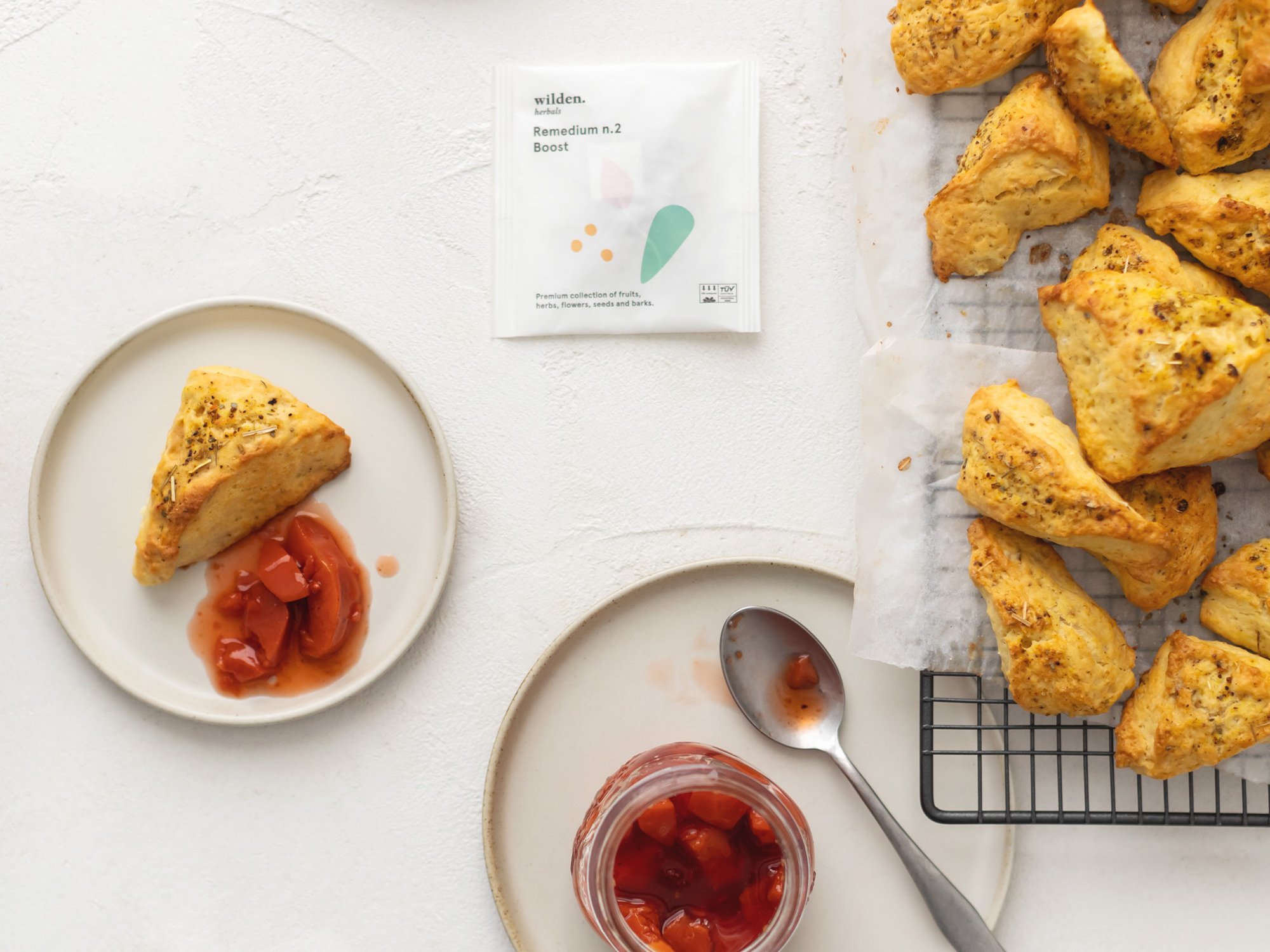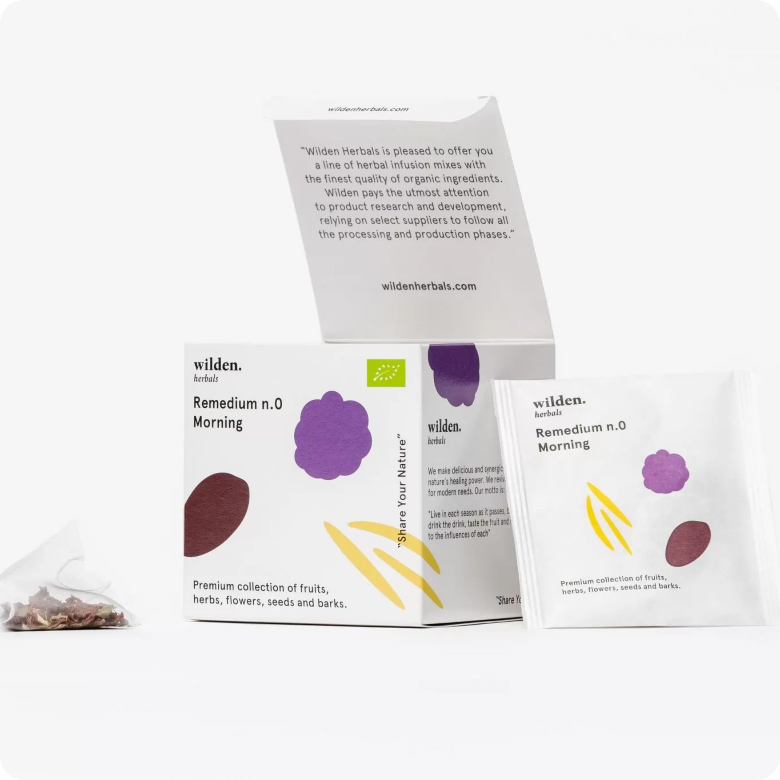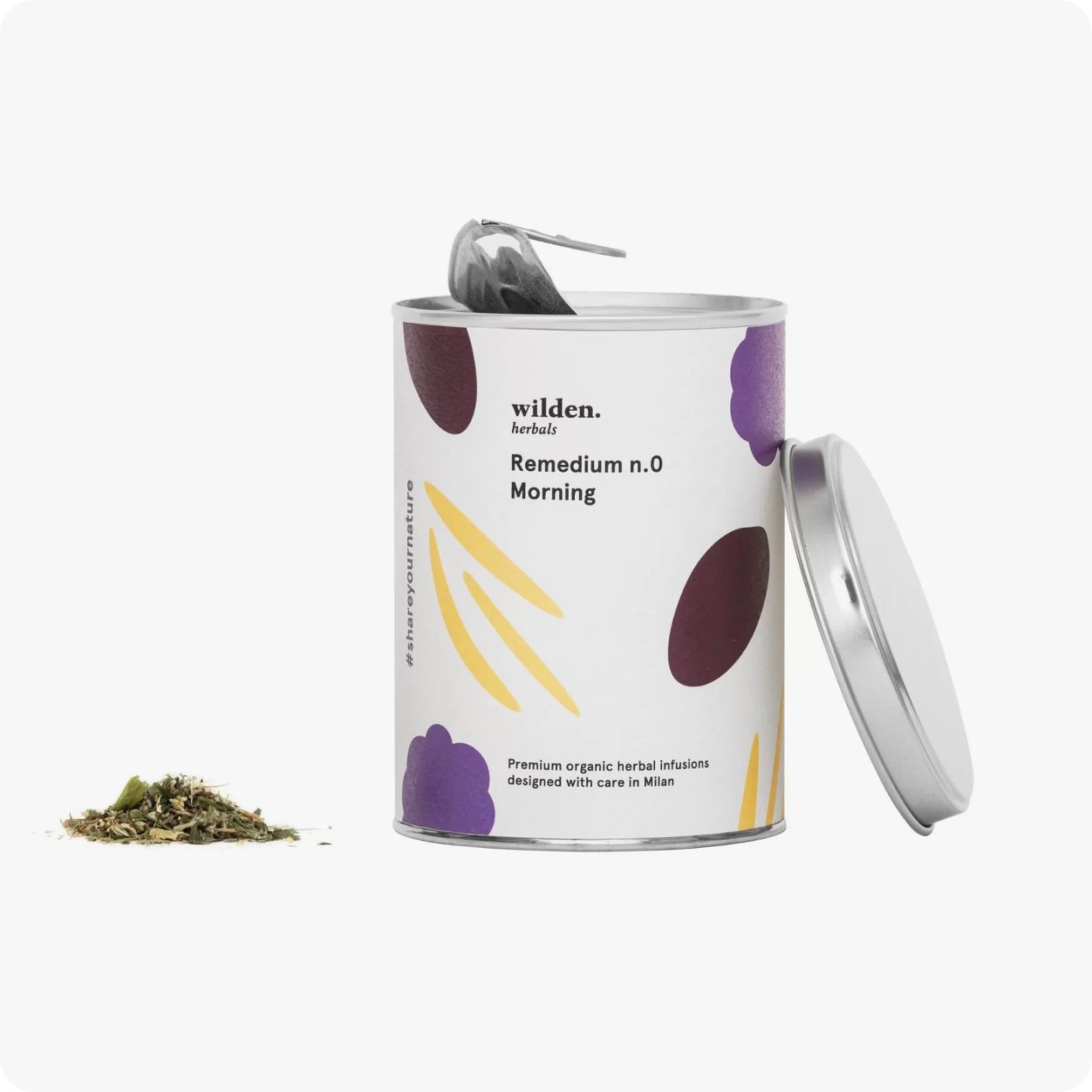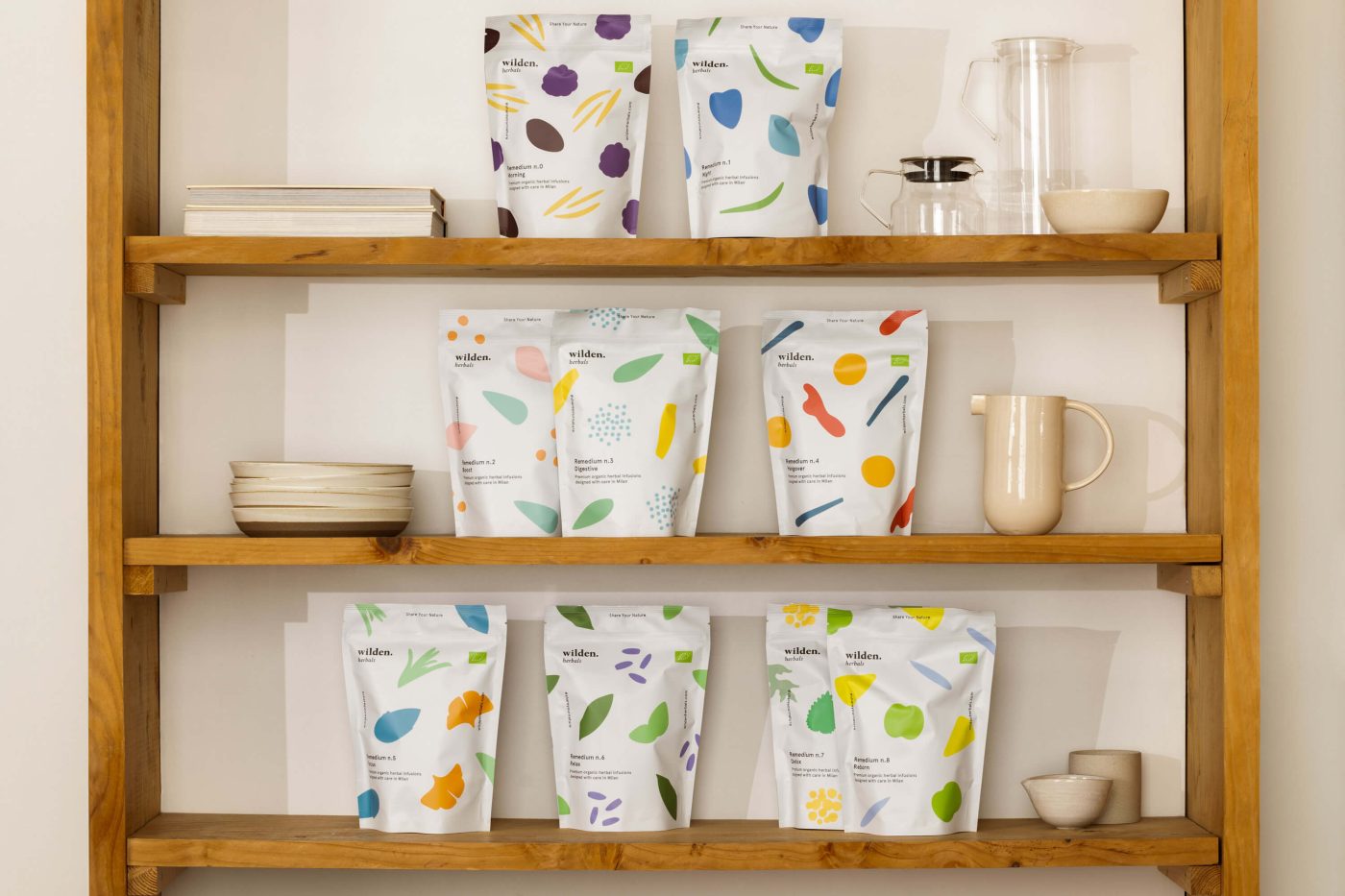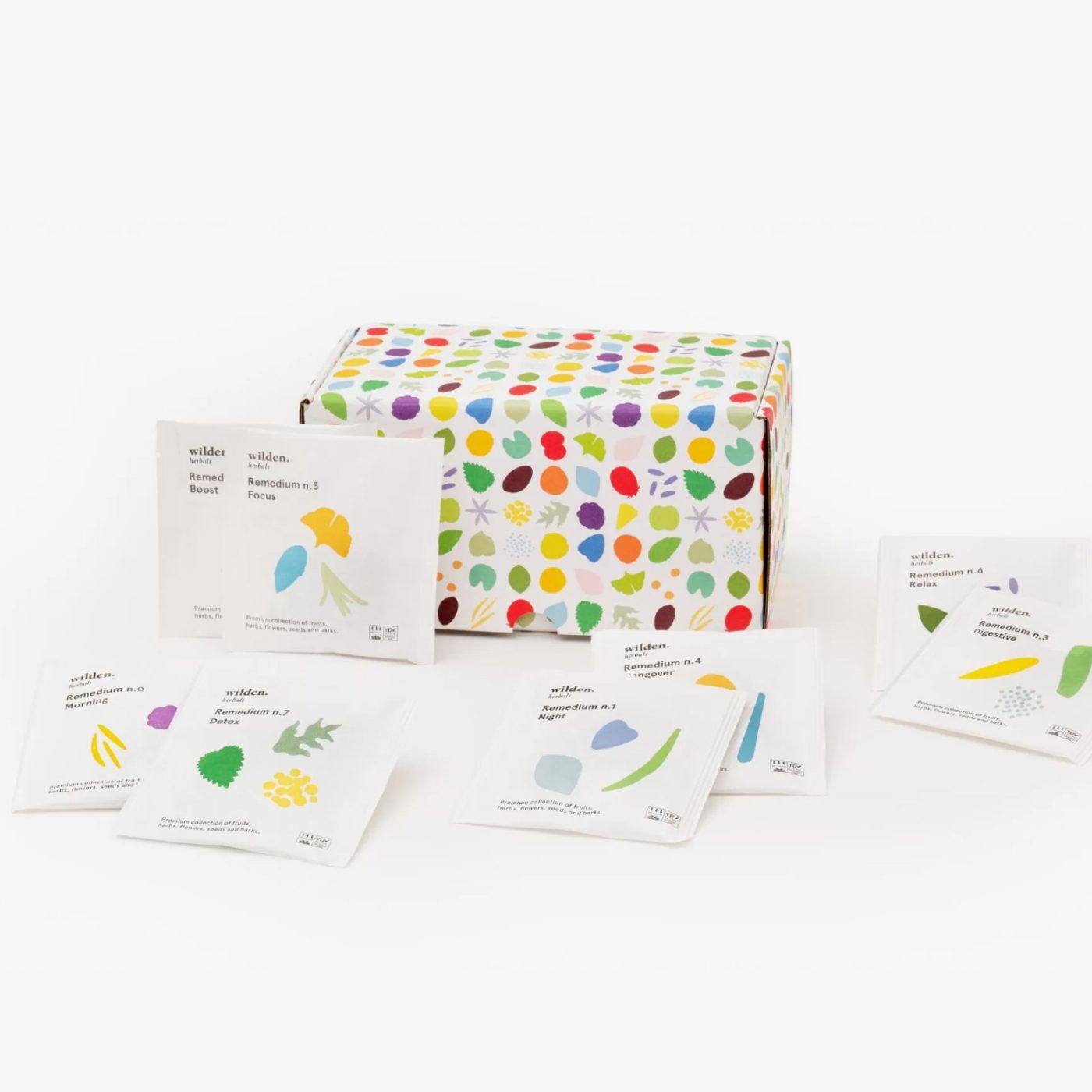Making Wilden | Recovery Time
From gastronomy to education, Recovery Times is the new reality close to the “wild” ideals of Wilden.herbals.
Start again from simple things and revolutionize the way we live. Behind every small cultural act lies a passion. It is first and foremost respect for nature that moves researchers and professionals close to Wilden. herbals .
The common thread that binds them is the desire to see the world with renewed eyes, and this is their story.
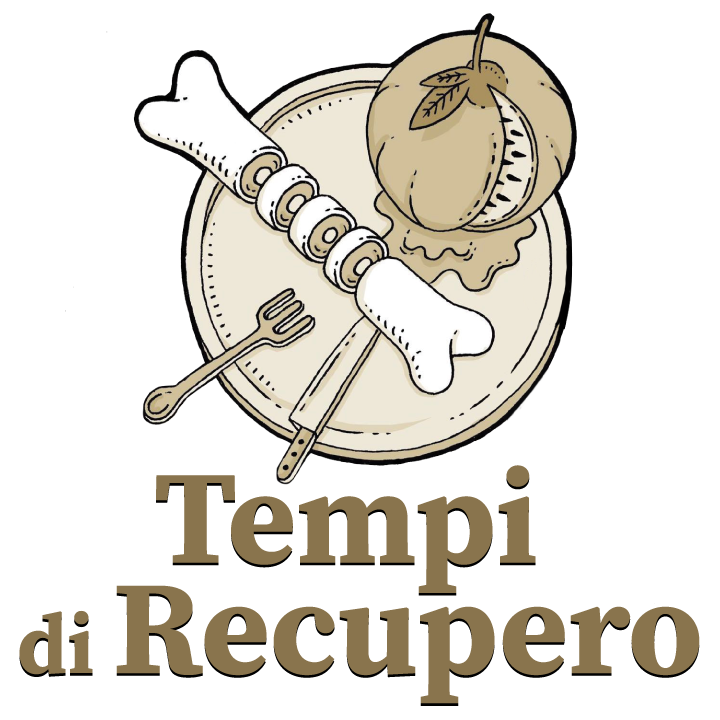
Times of Recovery re-starts from dissemination and “networking”. Not as a catch phrase or inflated proclamation, but as a propulsive thrust to imagine a new world, finally based on recovery declined in a thousand and more forms yet to be imagined. This is because it is precisely from bringing the idea of recuperation back to the center – in a landscape of great consumption – that research and cultural innovation can restart: reappropriating what we already have, physically and culturally, and which, never before, needs its “recuperation times”. We put some questions to one of its founders, Carlo Catani, and this is his story.
How did “Recovery Times” come about?
It was born informally, as the theme of a series of dinners organized with friends at the Osteria della Sghisa in Faenza, now in 2013. To date, more than 80 dinners have been organized throughout Italy, in which creative chefs, hosts and azdore, have told their idea of recovery by proposing dishes based on fifth-quarter recipes, leftovers from the previous day or forgotten traditional recipes.
The many interpretations of recovery in the experiences accumulated in the early years, along with cultural insights, were collected in the book ” Recovery Times. Scraps, leftovers and tradition in the kitchens of great chefs. “, written by me with contributions from many friends and published in 2018 by Quinto Quarto Edizioni.
Since 2019, we have organized Recovery Times Week – now in its third edition – a week entirely dedicated to recovery in the kitchen, which has seen 180 realities including restaurants, taverns, ice cream parlors, pizzerias and private individuals participating at the same time all over the world and supporting related projects such as the non-profit organization Food for Soul, founded by Massimo Bottura and Lara Gilmore, and Slow Food’s Food for Change initiative.
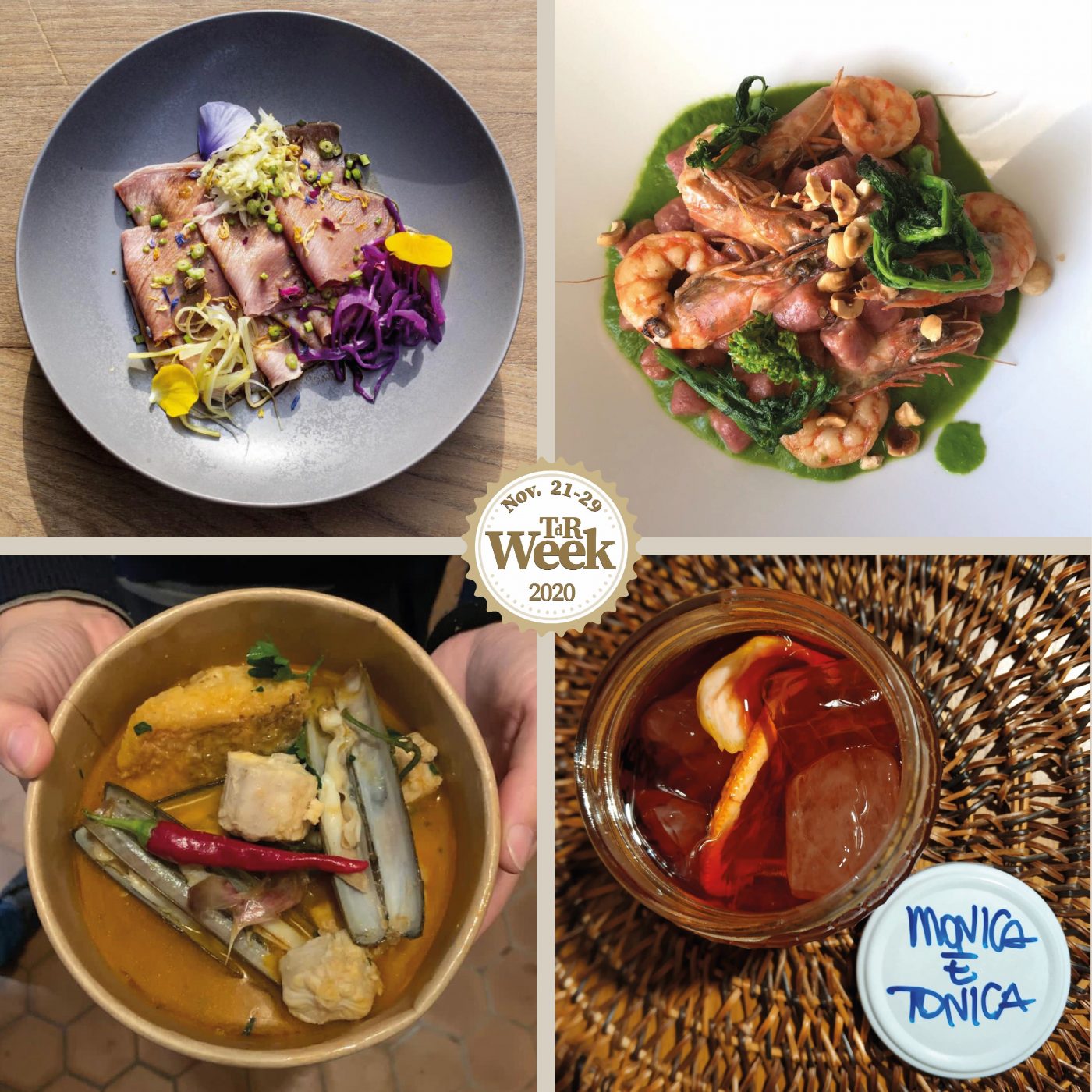
A lot has changed since the beginning, starting with everyone’s awareness. Recovery Times in fact tells the story of the importance of valuing ingredients in their entirety, reusing them in the kitchen and how, with a little creativity, the philosophy of recovery can integrate with daily eating habits. Sustainability in the food and wine world is now an assumption, and we like to think that we have left some seeds behind as well.
The reality of Recovery Times has become more solid and stronger, thanks in part to becoming a cultural association in 2020. Talking with many friends, stimuli and signals emerged that all went in the same direction: “why not connect all our initiatives and actors to voice our message more strongly?” Thus we began to shape a network that connects those who make the recovery of culture and sustainability their philosophy. The “historical” figures of creative chefs, hosts, and azdore have been joined by ice cream makers and artisans of recovery, attentive to the quality of raw materials and the sustainability of production, as well as the winemakers of recovery, custodians of the territory, the land and ancient vines. Completing the network are POP members, all those who do not necessarily work in the world of food, but put sustainability into practice in everyday gestures.
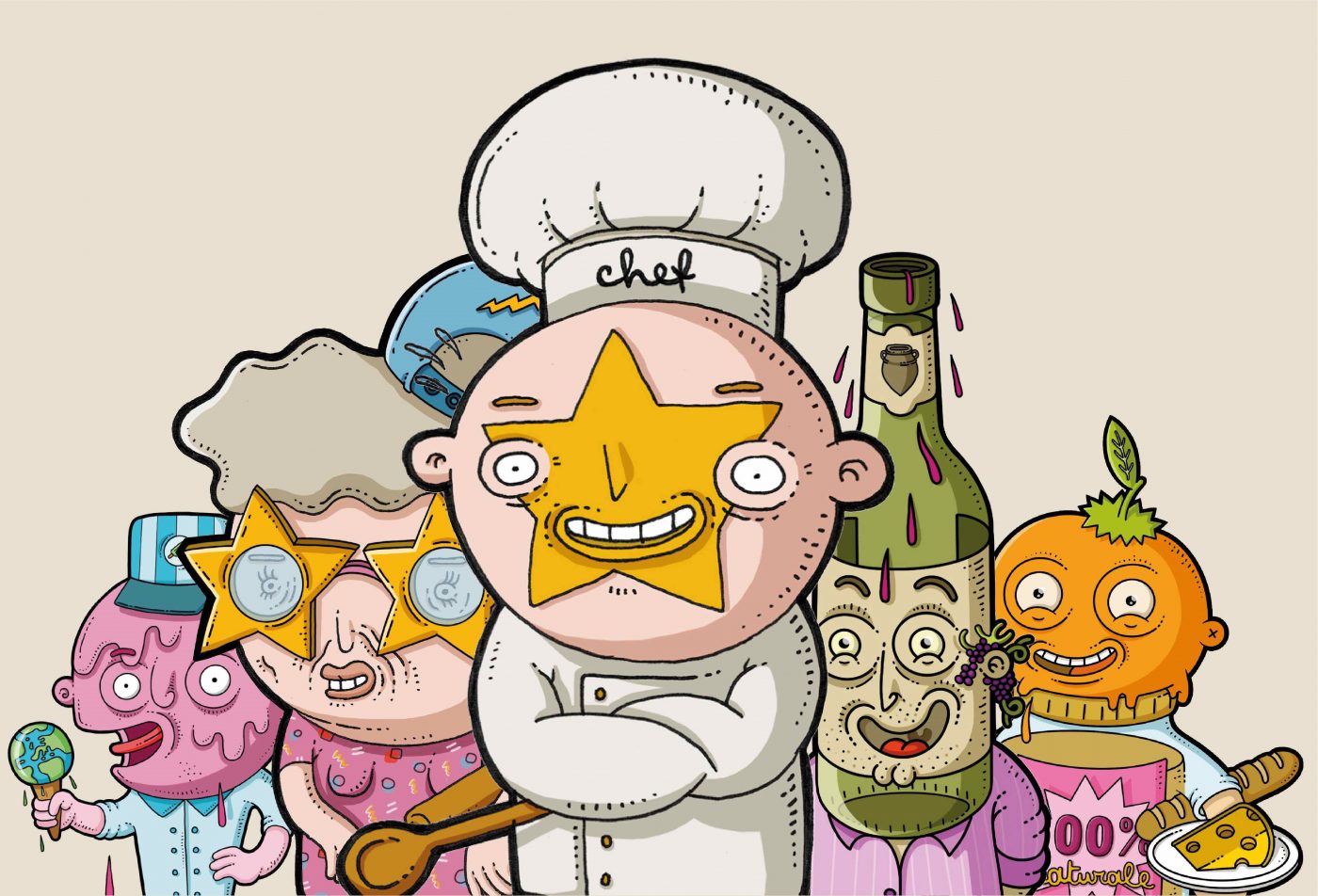
What is your mission?
Our mission looks at the valorization of sustainable productions, the integral use of products, the diffusion of an ethical food culture, public awareness of recovery issues starting from the food and wine sphere, and the valorization of people and their work. All this is possible thanks to the sharing and strength of the Recovery network, which allows us to always create new relationships and initiatives, including convivial ones, in order to promote a sustainable vision of the world.
The goal is to create synergies with other sustainable projects and give voice and prominence to a network of professionals and enthusiasts who share the same values with us. The heterogeneous network allows exchanges and connections between the various exponents who can support each other and share experiences, always with respect to good sustainable practices.
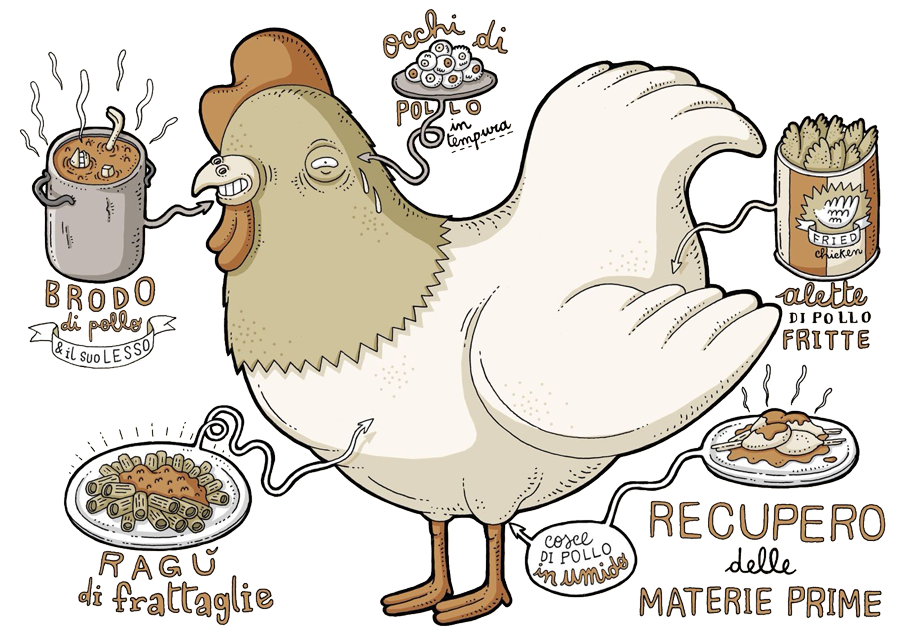
Where is there most need for recovery today?
Now more than ever there is a need to recover cooperation and sharing to support each other. People, good ideas and projects must be recovered to promote a renewed sustainable vision of the world. We are facing a turning point that confronts us with an important choice: do we want to pick up where we left off by keeping the same course or do we want to rethink a new, more sustainable path? This is why I believe we need to recover confrontation and sharing in order to build a new path together. And that is what we believe our network can do: open a dialogue, powerfully convey a message and create, together, a change.
What does it mean for you to be “Healthy and Wild”?
Healthy and Wild fits us like a glove!
Healthy because it is the health of people and the planet that we care about. Healthy also as clear, open and transparent in what we do and tell.
Wild because we are convinced that the example of wild nature, where everything is useful and fundamental, is the only one that can give us the way to live in harmony and health. And then we feel indomitable in narrating our passions and conveying our ideas!

